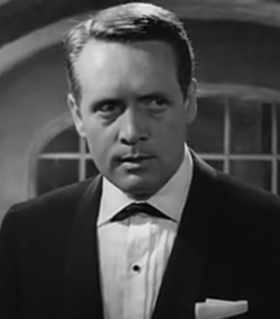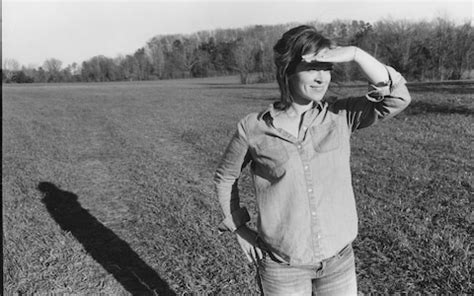A Quote by Plato
Entire ignorance is not so terrible or extreme an evil, and is far from being the greatest of all.
Related Quotes
Of all the frictional resistances, the one that most retards human movement is ignorance, what Buddha called 'the greatest evil in the world.' The friction which results from ignorance ... can be reduced only by the spread of knowledge and the unification of the heterogeneous elements of humanity. No effort could be better spent.
I think of moral beauty as what is the good and the just - terms perhaps best defined by their opposite: evil. Evil is the willingness to do damage to the other; its maximal expression is murder, but it includes a great deal of subtle and not-so-subtle injuries as it advances to that extreme. Evil acts reduce the other to an object, a being to its component parts, and obliterate subjectivity. Evil's breeding ground is a lack of empathy.
The biggest disease today is not leprosy or cancer or tuberculosis, but rather the feeling or being unwanted, uncared for, deserted by everybody. The greatest evil is the lack of love and charity, the terrible indifference towards one's neighbor who lives at the roadside, the victim of exploitation, corruption, poverty, and disease.








































